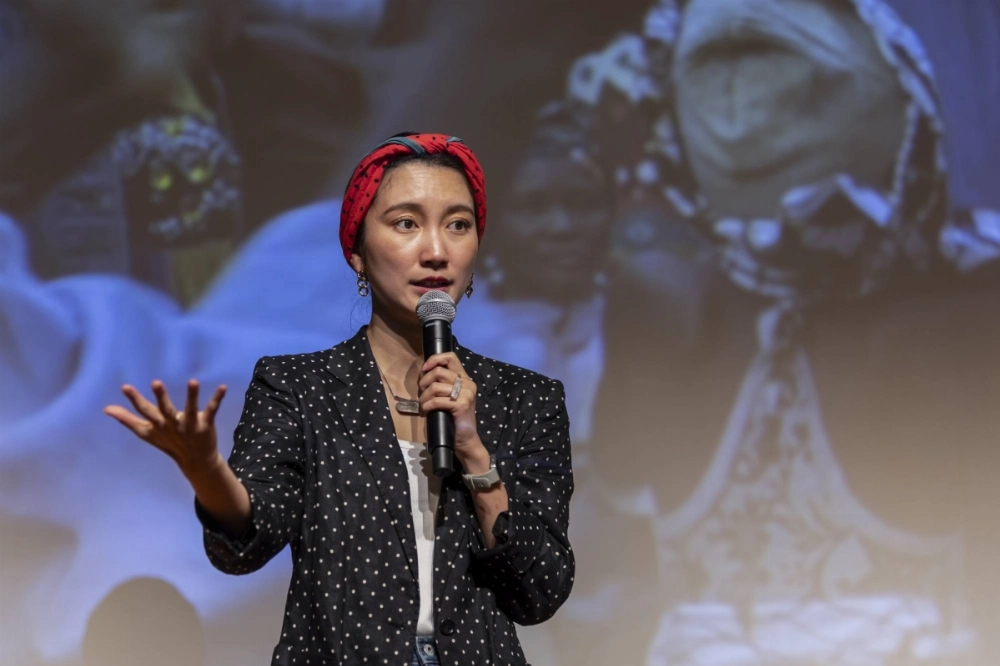An Academy Award nomination is a cause for celebration for anyone, but even more so in the Japanese film industry, where such international honors can be few and far between.
This year, Japan has multiple reasons to rejoice, as two Japanese documentary films, Shiori Ito’s “Black Box Diaries” and Ema Ryan Yamazaki’s “Instruments of a Beating Heart,” and one Japan-Korea animated co-production, Daisuke Nishio and Takashi Washio’s ”Magic Candies,” have been nominated for Academy Awards. Also, directors Ito and Yamazaki are the first Japanese to be up for Oscars in their respective categories, best documentary feature film and best documentary short film.
The nominations are particularly exciting for Tokyo-based Eric Nyari, who co-produced Ito’s feature and produced Yamazaki’s short film. Hailing from New York and son of the founder of Cineric, a leader in the field of film restoration and preservation, Nyari came to Japan when he was 21, and at age 28, produced his first film, the Atsushi Ogata comedy “Cast Me If You Can,” in 2009. He has since accumulated 40 producer credits, including Neo Sora’s 2024 sci-fi drama “Happyend,” which premiered at last year’s Venice Film Festival, and “Ryuichi Sakamoto: Opus,” a 2023 documentary also directed by Sora, about the final solo piano performance by the famed musician and composer.

















With your current subscription plan you can comment on stories. However, before writing your first comment, please create a display name in the Profile section of your subscriber account page.